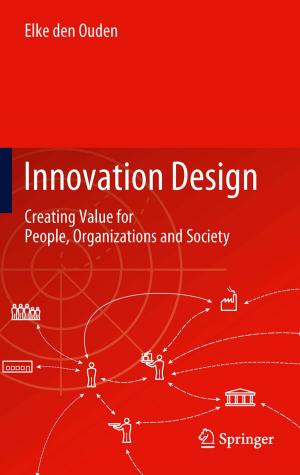Clinical In Vitro Fertilization
Nonfiction, Health & Well Being, Medical, Specialties, Internal Medicine, Endocrinology & Metabolism, Gynecology & Obstetrics| Author: | ISBN: | 9781447116646 | |
| Publisher: | Springer London | Publication: | December 6, 2012 |
| Imprint: | Springer | Language: | English |
| Author: | |
| ISBN: | 9781447116646 |
| Publisher: | Springer London |
| Publication: | December 6, 2012 |
| Imprint: | Springer |
| Language: | English |
In vitro fertilization has resulted in an estimated 4000-5000 births in the world. The procedure has been accepted in Europe, America and Australia and several hundred IVF clinics are operating successfully. The newer procedures of GIFf, embryo freezing and donor oocyte IVF have become established and are dealt with in several chapters. GIFf has become the procedure of choice for patients with infertility of unknown origin. Oocyte freezing represents an important new technology which is being developed. The routine IVF procedure has improved slightly; variation in results can be reduced by quality control of laboratory and clinical techniques. Male factor infertility has been dealt with by IVF in mild and moderate cases, but newer techniques will be required to deal with severe problems in the male. Most countries have accepted that the straightforward IVF pro cedure is ethical. Limitations concerning the use of donor oocytes and embryo experimentation exist in some religions and countries; legal control of the new reproductive technologies ranges from the passage of statutes to no control at all. Many countries are still considering the need for legislative control. The text endeavours to indicate new areas of importance and to guide those organizing services as to how to introduce newer technolo gies.
In vitro fertilization has resulted in an estimated 4000-5000 births in the world. The procedure has been accepted in Europe, America and Australia and several hundred IVF clinics are operating successfully. The newer procedures of GIFf, embryo freezing and donor oocyte IVF have become established and are dealt with in several chapters. GIFf has become the procedure of choice for patients with infertility of unknown origin. Oocyte freezing represents an important new technology which is being developed. The routine IVF procedure has improved slightly; variation in results can be reduced by quality control of laboratory and clinical techniques. Male factor infertility has been dealt with by IVF in mild and moderate cases, but newer techniques will be required to deal with severe problems in the male. Most countries have accepted that the straightforward IVF pro cedure is ethical. Limitations concerning the use of donor oocytes and embryo experimentation exist in some religions and countries; legal control of the new reproductive technologies ranges from the passage of statutes to no control at all. Many countries are still considering the need for legislative control. The text endeavours to indicate new areas of importance and to guide those organizing services as to how to introduce newer technolo gies.















